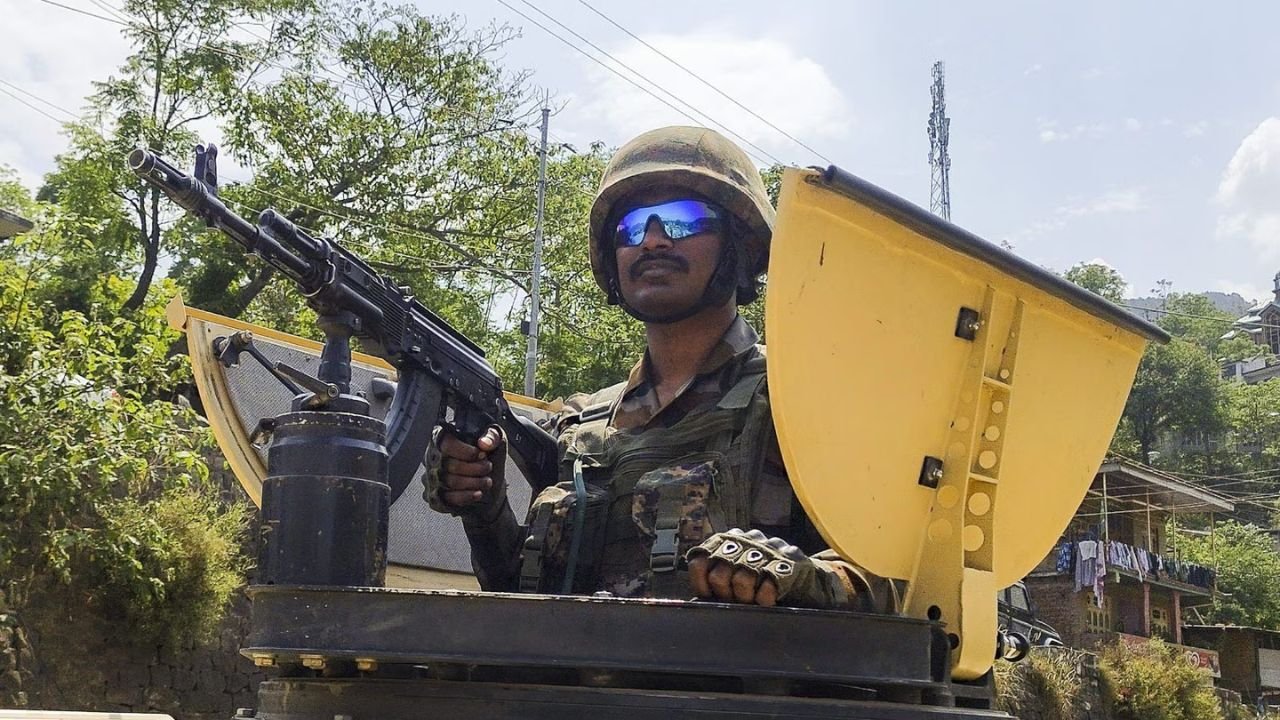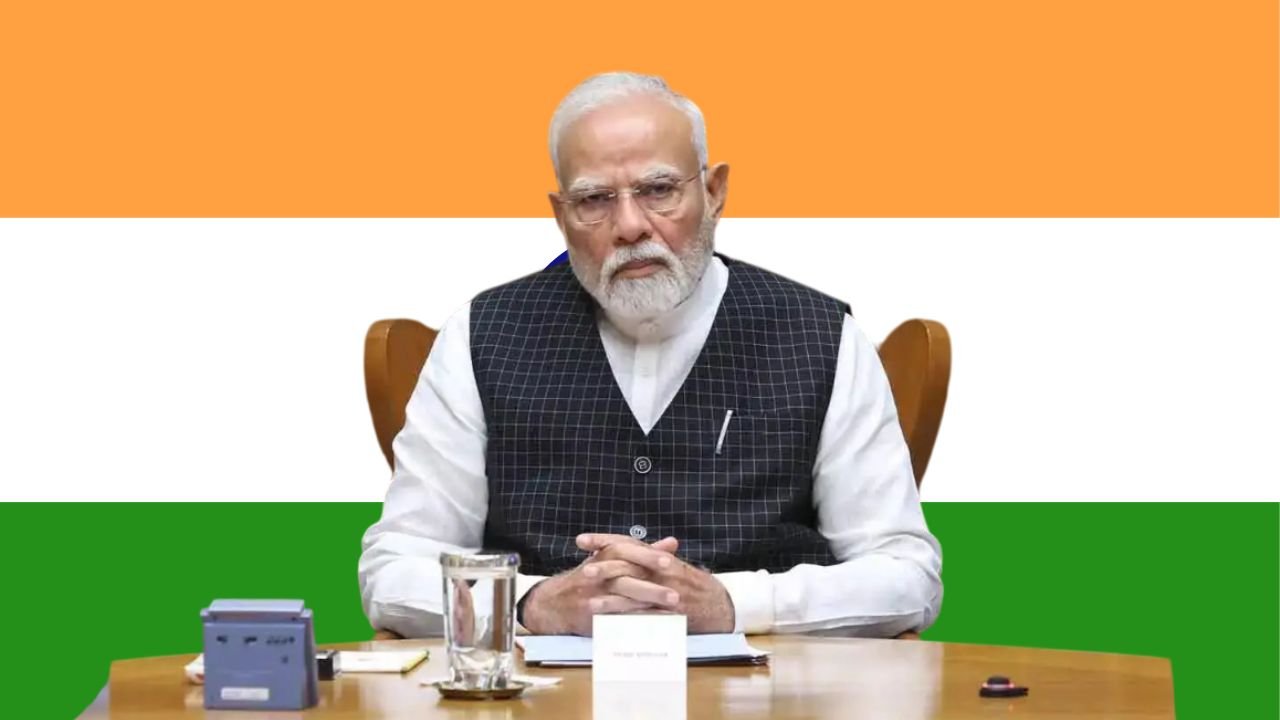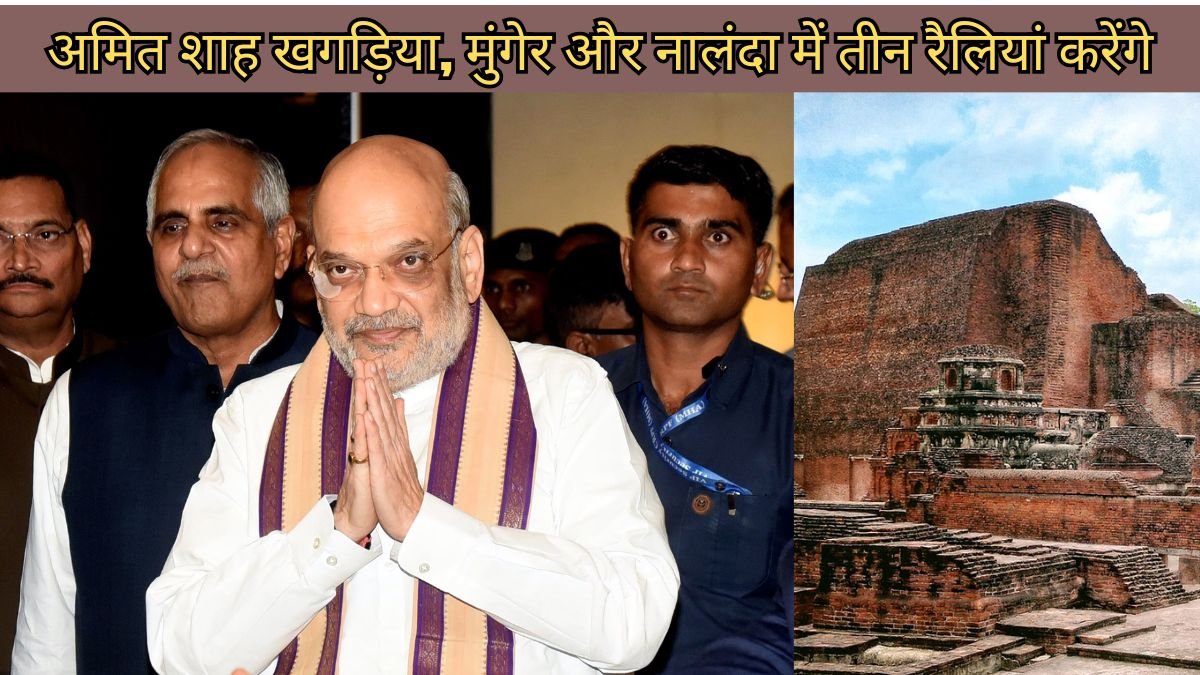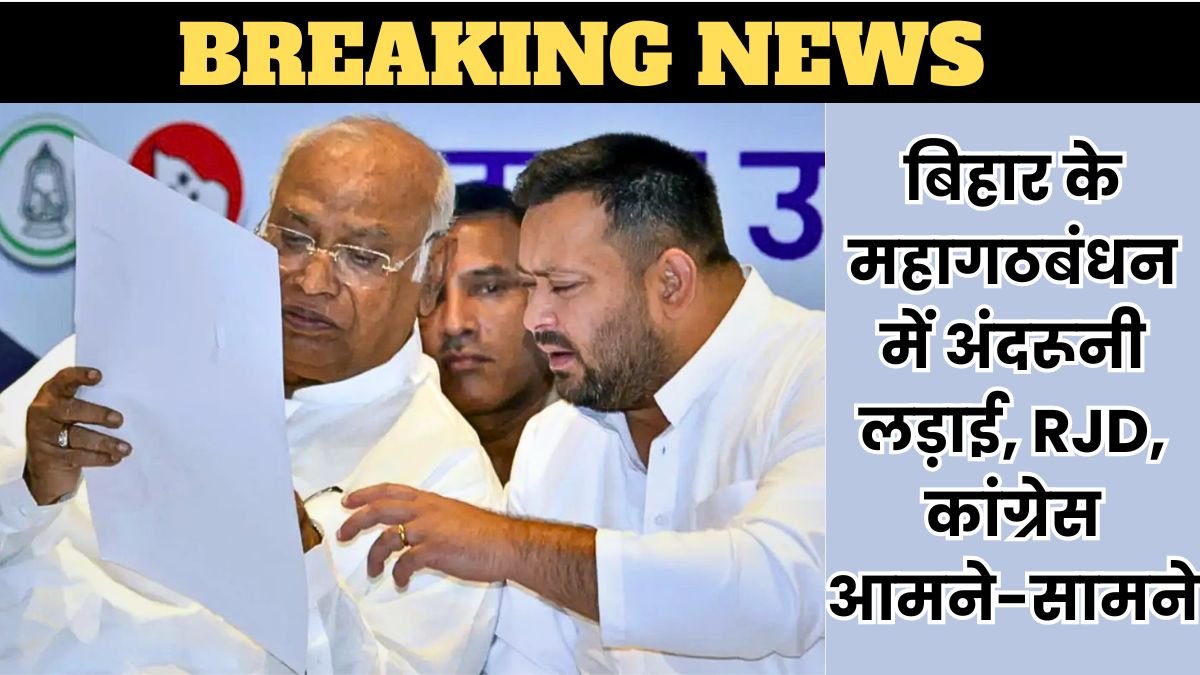Prime Minister Narendra Modi on Thursday ordered all ministries to make sure unhampered coordination to maintain “operational continuity and institutional resilience” and for fool-proof operationalization of important systems, while keeping a close eye on readiness, people said.
The observations at a meeting of secretaries to check the preparedness, emergency response, and in-house communication mechanisms came in the wake of increased tensions after air strikes under Operation Sindoor on Pakistani Punjab province and Pakistan-Occupied Kashmir (PoK) targets on Wednesday. Defense ministry said on Thursday that Indian armed forces attacked air defence systems and radars in Pakistan, as Pakistani troops intensified firing along the Line of Control, the de facto India-Pakistan frontier in Jammu and Kashmir (J&K).
The individuals mentioned above stated Modi urged sustained vigilance, institutional coordination, and transparency of communication while the country is going through a delicate time. Modi reasserted the government’s devotion to national security, operational readiness, and safety of citizens.
The meeting has been called to review national preparedness and inter-ministerial coordination following attacks on terror camps. “Secretaries have been asked to carry out a detailed review of their ministry’s working and to ensure fool-proof functioning of essential systems, with particular emphasis on readiness, response to emergencies, and internal communications protocols,” one of the above-quoted people added.
The secretaries were learned to have exchanged information on their preparedness and preparations. “All ministries have located actionables that concern the conflict and are making processes stronger. Ministries stand ready to respond to all types of emerging events,” a second official said.
Strengthening civil defense mechanisms, combating misinformation and disinformation, and securing critical infrastructure were some of the topics discussed during the meeting. Ministries were instructed to keep coordination with state governments and grassroots institutions intact.
Cabinet secretary, senior officials from the Prime Minister’s Office, and secretaries from major ministries such as defence, home, external affairs, information and broadcasting, power, health, and telecommunications were some of the attendees at the meeting.
India on Wednesday conducted the strikes on terrorist infrastructure at nine locations in response to the Pahalgam terror attack two weeks ago. The strikes involved the first attacks on Pakistan’s most populous province, Punjab, since the 1971 war. They led to the closure of 27 airports in northern India for commercial flights until Saturday. Twenty-five international flight routes were also closed.

At least 12 civilians and one soldier were killed and 42 injured in Poonch as the Pakistan army shelled artillery along the LoC, prompting evacuations.
Pakistan Prime Minister Shehbaz Sharif said his country will retaliate. In a statement, his government said it has given authority to Pakistan’s armed forces to “take corresponding measures in this regard”. Sharif stated that Pakistan has “all the right to give a befitting response to this act of war” while calls for restraint have come from all over the world.
Key Headlines
1. PM Modi Calls for National Readiness in Wake of Cross-Border Attacks
After recent cross-border attacks, Prime Minister Modi requested the armed forces and civilian institutions to remain on high alert and prepared for anything.
2. Indian Military on Standby as Tensions Build
Following the Prime Minister’s instruction, the Indian Army, Navy, and Air Force have been put on heightened alert, with troop deployments and vigilance increased around sensitive borders.
3. Cabinet Security Committee Emerges for Emergency Meet
The government’s highest-level security committee, headed by PM Modi, met in emergency to gauge the situation and discuss possible counteractions.
4. Cross-Border Operations: What Has Triggered This New Escalation?
Government authorities point to increased attempts at infiltration and the movement of drones as key factors motivating India’s latest show of military readiness.
5. Global Community Called on to Denounce Aggression
India has called on friends and major powers to denounce the increase in belligerence, calling for diplomatic pressure on rivals.
FAQS:
Why is India currently on high alert?
India is on high alert because of recent cross-border shelling and heightened hostilities along the international border and Line of Control (LoC). The incidents have made the government anticipate possible further aggression.
What steps has PM Modi taken as a response?
Prime Minister Modi has conducted high-level security meetings, ordered military preparedness, and highlighted national alertness. He also made a public address and cautioned against underestimating India’s defensive strengths.
Can there be a war?
Though there is no official announcement or sign of war, the situation is strained. The government is making precautionary measures to avoid any escalation and maintain national security.
Which regions are most impacted by the tension?
Border areas in Jammu & Kashmir, Punjab, and the Northeastern regions are under close observation with heightened military and intelligence presence.






